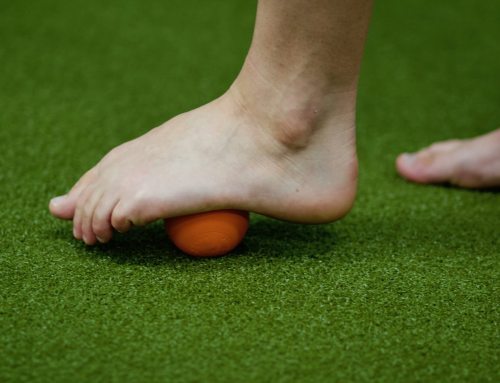Conquer Stress for Better Health
The car next to you suddenly veers over to your lane. You hit the brakes, and it sails ahead. No harm done—except your muscles tense, your heart pounds, and you breathe faster. A cascade of stress hormones has produced a well-orchestrated set of physiological changes sometimes called the “fight-or-flight” response. Over the years, researchers have learned how and why these reactions occur, and have gained insight into the long-term effects stress has on physical and psychological health, reports the March 2011 issue of the Harvard Mental Health Letter.
The fight-or-flight response began as a survival mechanism that helped humans (and other mammals) react quickly to life-threatening situations. In the modern world, repeated activation of the stress response takes a toll on the body, promoting high blood pressure, the development of artery-clogging plaque, and brain changes that may contribute to anxiety, depression, and addiction.
Stress can also be responsible for weight gain. When stressed, your body creates cortisol. While elevated cortisol levels create physiological changes that help to replenish the body’s energy stores that are depleted during the stress response, they inadvertently contribute to the buildup of fat tissue and to weight gain. For example, cortisol increases appetite, so that people will want to eat more to obtain extra energy. It also increases storage of unused nutrients as fat.
While you can’t always get rid of stress, you can learn techniques to counter the stress response. Here are three ways to beat stress:
- The relaxation response. You can invoke the opposite of the stress response through such methods as deep abdominal breathing, focus on a soothing word, visualization of tranquil scenes, repetitive prayer, yoga, or tai chi. These approaches are worth trying, but for most people are not a cure-all.
- Physical activity. Exercise deepens breathing and helps relieve muscle tension. Movement therapies such as yoga, tai chi, and qi gong combine fluid motion with deep breathing and mental focus, all of which induce calm.
- Social support. Friends provide a life-enhancing social net; their emotional support helps sustain us at times of stress.





